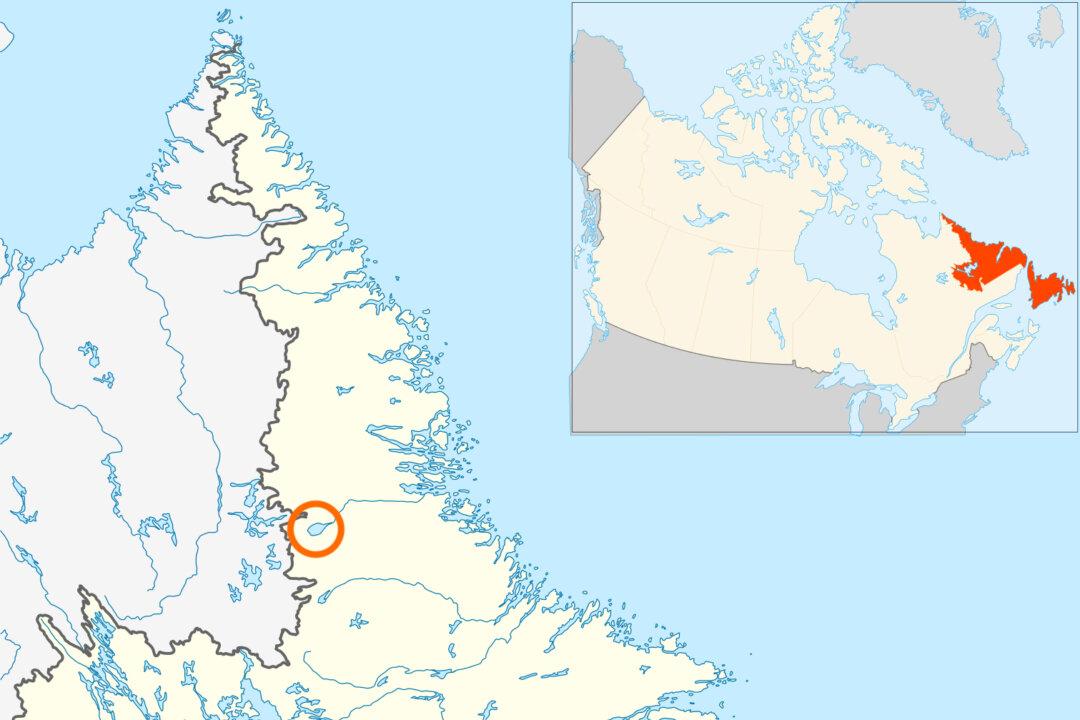TORONTO—A Canadian citizen has been sentenced to death in China on drug-related charges, the second such ruling in a Chinese court this year amid escalating diplomatic and trade tensions between the two countries since Canada’s arrest of a Huawei executive last December.
A statement from the Jiangmen Intermediate People’s Court on April 30 said Canadian defendant Fan Wei worked with another suspect, Wu Ziping, to manufacture and sell more than 63 kilograms (140 pounds) of methamphetamine and 365.9 grams (0.8 pounds) of dimethylamylamine between July and November 2012. Both have been given the death sentence for playing a direct role in the crimes, the court said.
All of the suspects were reportedly detained in late 2012 and put on trial in 2013, but the court didn’t give a verdict until recently.
Canadian Foreign Affairs Minister Chrystia Freeland told reporters in Ottawa on April 30 that she was concerned about the “cruel and inhuman” sentence.
“We’re very concerned by this sentence,” she said. “We think that this is a cruel and inhumane punishment which should not be used in any country. We are obviously particularly concerned when it is applied to Canadians.”
The sentence is likely to further strain relations between Canada and China, which has been in decline since Canada arrested Huawei CFO Meng Wanzhou on Dec. 1, 2018, at the request of the United States.
In a separate court case in China, Canadian Robert Schellenberg was sentenced to death in early January after an unexpected retrial of his drug-smuggling case. Schellenberg was given the death penalty after a one-day hearing.
Schellenberg was appealing a sentence given to him in November 2018—a sentence that took more than two and a half years for the court to determine—when the appeal court ordered a retrial, saying his sentence was, in fact, too lenient. He was originally convicted of smuggling about 222 kilograms (489 pounds) of methamphetamine from China to Australia and sentenced to 15 years in prison.
Schellenberg’s death sentence, along with Beijing’s detention of Canadians Michael Kovrig and Michael Spavor on Dec. 10, 2018, are thought to be part of the regime’s tactics to pressure the Canadian government to release Meng. Both Kovrig and Spavor were charged with stealing state secrets in early March, just days after Canada allowed the extradition hearings against Meng to proceed.
According to Saint-Jacques, the ongoing tensions between the two countries is one way for Beijing “to build up an inventory of possible targets for future measures directed at Canada.”
Outside the courts, Canadian companies are already facing greater obstacles in exporting their products to China.
The Chinese regime revoked the sales permits for two major Canadian canola suppliers, Richardson International and Viterra Inc., in March. China, the world’s largest importer of canola, stated that “harmful organisms” were found in the crops, and that China would continue scrutiny of Canadian canola products. Other canola shipments to China have reportedly been canceled, forcing exporters to look for other markets.
More recently, reports have emerged that Canadian soybean, peas, and pork exports are running into obstacles entering China.
Dwight Gerling, president of Canadian soybean exporter DG Global, told CBC that since January, routine soybean inspections in Chinese ports now require three weeks when they used to only take a few days. He said that this has led Chinese buyers to avoid Canadian products.
“They’re basically sending out the signal, ‘You buy from Canada, we’re going to make your life difficult,’” Gerling said.
Some Canadian pork shipments to China also faced delays over the use of outdated forms, the Canadian Food Inspection Agency said on April 22. The agency told Reuters that China has not imposed restrictions on Canadian pork, and they are not aware of Beijing or importers causing new delays.





